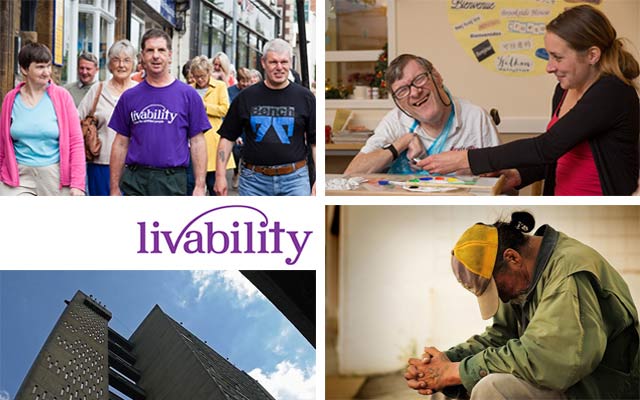A recent article by Associates Livability’s Corin Pilling explores two common pitfalls in community life
—————————————
How do we react when we meet people living on the margins of our society? They may be living in poverty, experiencing homelessness, or have a mental or physical illness. We can’t help but notice their problems. And then we often spring into a response we call ‘fix or distance’.
We want to do something – to try to solve what we see as their problem. We want to fix them. That might be talking to the person about their problem, suggesting solutions, or referring them to a specialist service.
Sometimes the problem feels too big – it may be new to us, or particularly challenging, or just that we feel too tired. So we distance ourselves from the person. We hope that someone else will help out.
Fix or distance – it’s a natural response when we feel challenged by people, but is there an alternative? Certainly, if we want to play a part in creating a community where everyone is welcome, we need to look beyond this response.
Jesus’ life consisted of drawing in voices from the margins to the centre. The gospels are peppered by encounters with those who experience exclusion from their community. There’s a long list, but it includes the woman caught in adultery and held up as an example to those around her; the man healed at the pool of Bethesda, dependent on others to access the healing waters; and the woman whose illness forced her to live in isolation and despair.
In all these encounters, we see Jesus modelling a better way: He goes beyond the need to ‘fix or distance’ to seeing and responding to the whole person. In so many examples, Jesus provides an alternative: seeing beyond the initial presenting issue and offering the person an opportunity to participate in their community. Needs were met, but not at the expense of seeing others as members of community, and reminding everybody present of this fact.
How can we move beyond ‘fix or distance’ reactions? A first important step to look beyond peoples’ problems, to stop looking for points of difference, to engage in real conversations in which we encounter people who are real and whole, not just a puzzle that we can or cannot solve.
Let’s start by agreeing that all of us are much more than our presenting needs and are a curious mix of gifts, blessings and challenges waiting to be discovered. So, as we talk and listen, let’s do what we can to think beyond our first response. If we can embrace the process as one of discovery, we’ll go a long way to creating places where everybody feels included.
Is our community full of ’Silent Stars’ who have so much to offer, but are never heard? As we move beyond just seeing problems and differences, move beyond our ’fix or distance’ response, then we start to truly hear the stars that surround us.
Livability will be at Greenbelt 2016, challenging us to think in new ways about how churches can create livable communities that everyone can call home. For more information, visit www.livability.org.uk/event/greenbelt-2016


